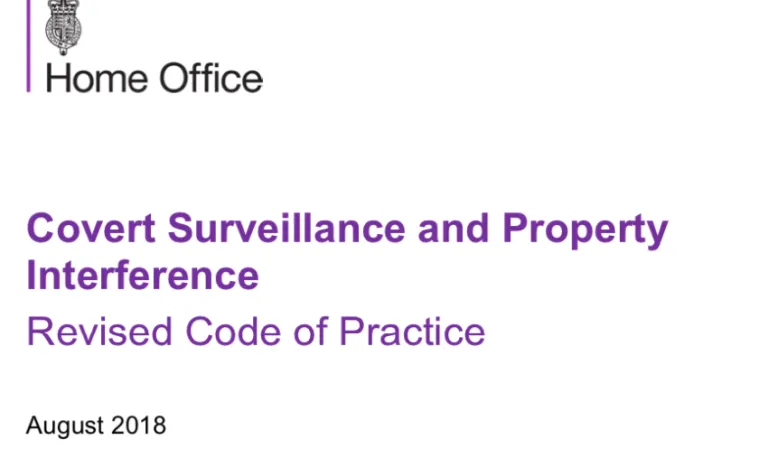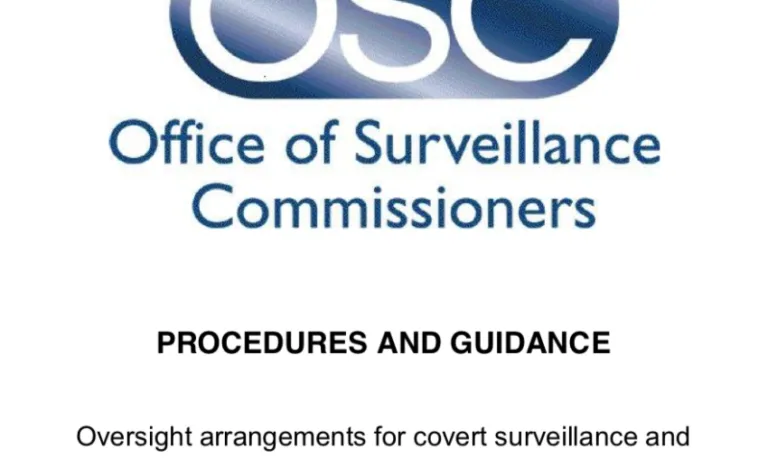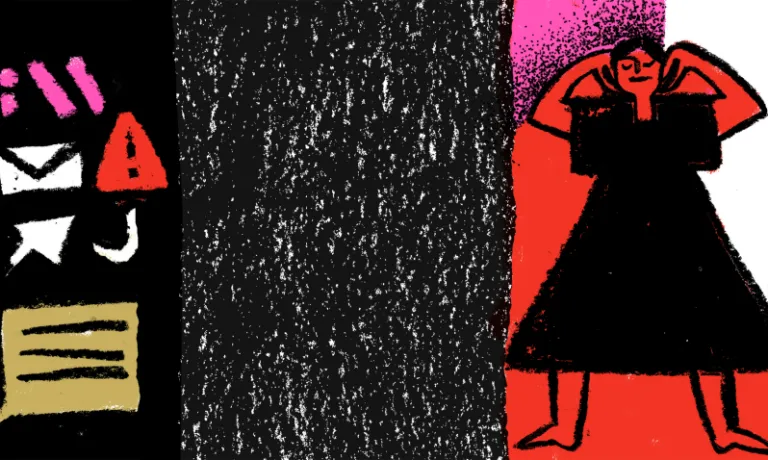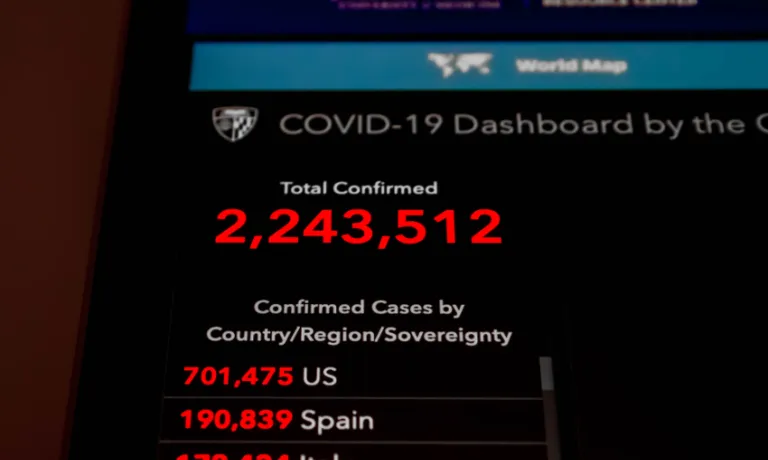
Long Reads

In October 2019 Privacy International sent Freedom of Information Act requests to every Local Authority in Great Britain in relation to their use of social media monitoring. You can find our report here.
Below are extracts from the annual reports of the The Office of Surveillance Commissioners (OSC) and Investigatory Powers Commissioner (IPC) which relate to Local Authorities use of social media monitoring.
The Office of Surveillance Commissioners (OSC) and subsequently the Investigatory Powers Commissioner (IPC) regulate and oversee how public authorities use the investigatory powers available to them under existing law.

In October 2019 Privacy International sent Freedom of Information Act requests to every Local Authority in Great Britain in relation to their use of social media monitoring. You can find our report here.
A number of policies and guidance documents developed by Local Authorities which have been disclosed to Privacy International in response to the Freedom of Information Act requests relating to social media monitoring, cite the Home Office Covert Surveillance and Property Interference Code of Practice, August 2018.
Below are the relevant extracts from the Home Office Covert Surveillance and Property Interference Code of Practice, August 2018 which relate to social media monitoring conducted by Local Authorities.

Office of Surveillance Commissioners Guidance - Covert surveillance of Social Networking Sites (SNS)
In October 2019 Privacy International sent Freedom of Information Act requests to every Local Authority in Great Britain in relation to their use of social media monitoring. You can find our report here.
The Office of Surveillance Commissioners (OSC) and subsequently the Investigatory Powers Commissioner (IPC) regulate and oversee how public authorities use the investigatory powers available to them under existing law.
Below is an extract from the Office of Surveillance Commissioners Guidance - Covert surveillance of Social Networking Sites (SNS) - Note 289

As Governments, Apple and Google compete in proximity tracing, here’s our take on building tech in times of crisis.
Covid Apps are on their way to a phone near you. Is it another case of tech-solutionism or a key tool in our healthcare response to the pandemic? It’s fair to say that nobody quite knows just yet. We’ve been tracking these apps since [the early days](https://privacyinternational.org/long-read/3675

This country case-study was informed by research carried out by Hiperderecho.

Our partner organisation InternetLab has been researching the Bolsa Familia Program and its consequences for gender and privacy, here are the first results.

As the UK is about to launch its app to trace potential Coronavirus patients; as it launches its 'pilot' we look at its technical functionalities.

Palantir, the US data giant which works with intelligence and immigration enforcement agencies, has responded to our questions about its work on a highly sensitive National Health Service (NHS) project, providing some assurances, passing the buck to the NHS, and raising additional questions.
On 12 April 2020, citing confidential documents, the Guardian reported Palantir would be involved in a Covid-19 data project which "includes large volumes of data pertaining to

Governments around the globe are adopting emergency welfare measures in the form of Covid-19 benefits. However, these short-term solutions often fall short of basic human rights safeguards, foreshadowing a concerning future for benefits claimants.

The ongoing requirement for asylum-seekers to register their claim for asylum in person reveals the Home Office's misplaced and onerous emphasis on biometrics collection at the expense of asylum-seekers' health